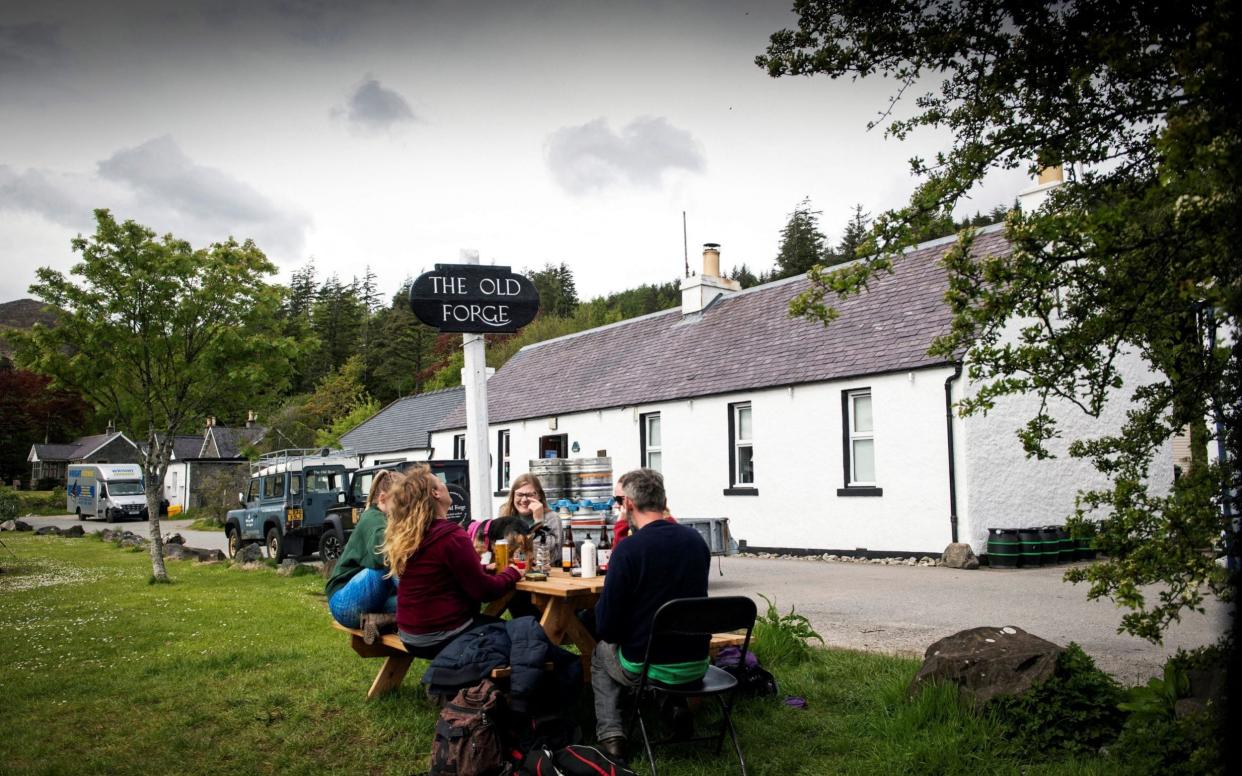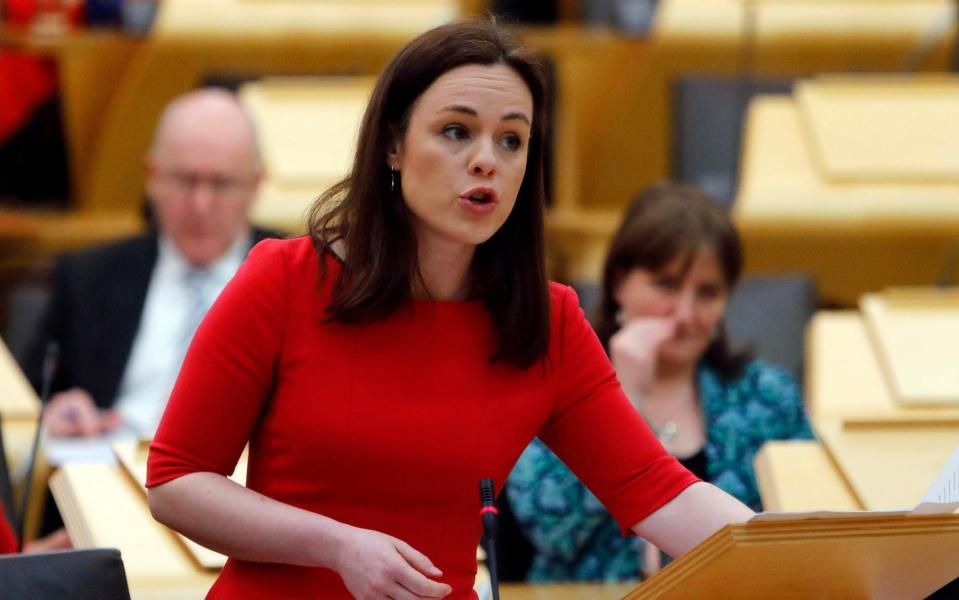Scotland, Wales and Northern Ireland handed billions in Budget bonanza

Rishi Sunak handed Scotland, Wales and Northern Ireland billions of pounds extra to help recover from the pandemic in their largest funding settlement since devolution started.
Hailing a "Budget for the whole United Kingdom", the Chancellor said the Scottish Government's block grant from Westsminster would increase by an average of £4.6 billion over the next three financial years.
The Welsh Government is to get an extra £2.5 billion per annum and the Northern Ireland Executive £1.6 billion, as his spending splurge on England's public services led all three devolved nations getting more money through the Barnett formula.
The record block grants mean Nicola Sturgeon's Government in Scotland will now receive around £126 per person in spending money for every £100 of equivalent spending by the UK Government in England. The Welsh figure is £120 and Northern Ireland's £121.
Although the devolved administrations will have the final say over how the extra money is spent, Mr Sunak said it could be used to "tackle backlogs in the NHS" and to ensure people "get the support they need as we recover from the pandemic".
Millions of pounds distributed directly to projects
But he also announced he would bypass the devolved parliaments entirely and distribute hundreds of millions of pounds grants directly to projects across the three nations as part of the UK Government's Levelling Up agenda.
They ranged from the redevelopment of Inverness Castle to a series of local community ownership schemes, including one for the Old Forge pub in Knoydart, the Scottish Highlands, mainland Britain's most remote pub.
Mr Sunak told the Commons that "today demonstrates the indisputable fiscal benefit of being part of the United Kingdom" but argued that the UK was "bound together by more than transactional benefit".
The Chancellor said: "It is our collective history and our culture and our security. We are and always will be one family, one United Kingdom."
Scotland’s beleaguered tourism industry and the Scottish Chambers of Commerce welcomed Mr Sunak’s decision to cut air passenger duty on domestic flights and to spend money directly north of the border.

But both decisions were vigorously opposed by the Scottish Government. Despite the record sums being handed to Holyrood, the SNP claimed “independence is the only way to keep Scotland safe from Tory cuts” and the country had been “short-changed”.
In a remarkable intervention, Kate Forbes, the Scottish finance secretary, argued that “in reality, the Scottish Government will receive less grant funding in every year of the spending review” than in the current year.
However, this was only because the Treasury handed the Scottish Government nearly £10 billion extra in one-off payments during the pandemic to prop up the economy while shops and businesses were closed during lockdown.
The Chancellor said the Scottish Government's block grant would rise by 2.4 per cent to a record £41 billion per year. The Welsh Government's annual spending pot will rise by 2.6 per cent to £18 billion, while Northern Ireland's will rise by 2.2 per cent to £15 billion.
In addition, Mr Sunak handed Scotland £170 million, Wales £120 million and Northern Ireland £50 million in the first round of Levelling Up Fund grants.
A record sum
Alister Jack, the Scottish Secretary, said the record sum being handed to the Scottish Government “demonstrates our commitment to level up right across the UK” and the benefits of Brexit.
He said: “The Budget ushers in an era of real devolution, ensuring money is spent on projects that matter most to people in Scotland.
“We are taking decisions in the UK rather than in Brussels and dealing directly with local authorities who know their communities best.
“From the Knoydart community pub to Dumbarton town centre and the Granton Gasworks – all these projects will bring real, visible improvements for local communities.”
Among the other announcements were £27 million for an Aberdeen Energy Transition Zone to support north-east Scotland to play a leading role in meeting the UK’s net zero ambitions and £5 million for a Global Underwater Hub.
But Ms Forbes said: “I am disappointed, but not surprised, that the Chancellor has pushed ahead with his centralised approach to levelling up, ignoring the views of governments in Scotland, Wales and Northern Ireland.
“This approach potentially leaves Scotland worse off, raises value for money concerns and undermines devolution.”
Marc Crothall, the chief executive of the Scottish Tourism Alliance, said: “There is clear recognition of the fragile state of the tourism and hospitality sectors across the UK in today’s Budget; we would hope that our discussions with the Scottish Government over the coming weeks will shape and influence a similarly positive spending announcement in the coming weeks.”
‘More needs to be done’
Tracy Black, the director of CBI Scotland, said the Budget “takes several positive steps forward but leaves more to be done to deliver the high investment, high productivity economy the country needs”.
But the Federation of Small Businesses in Scotland said it contained “slim pickings for hard-pressed debt-laden” firms and argued the Chancellor should have “reduced payroll taxes or taken the edge off non-domestic energy bills”.
Douglas Ross, the Scottish Tory leader, said: “This UK Budget is outstanding news for jobs and public services in Scotland.
“The strength and security of the United Kingdom has helped us through the pandemic, and the announcement of the biggest block grant since devolution will ensure Scottish public services are protected going forward.”

 Yahoo Movies
Yahoo Movies 
